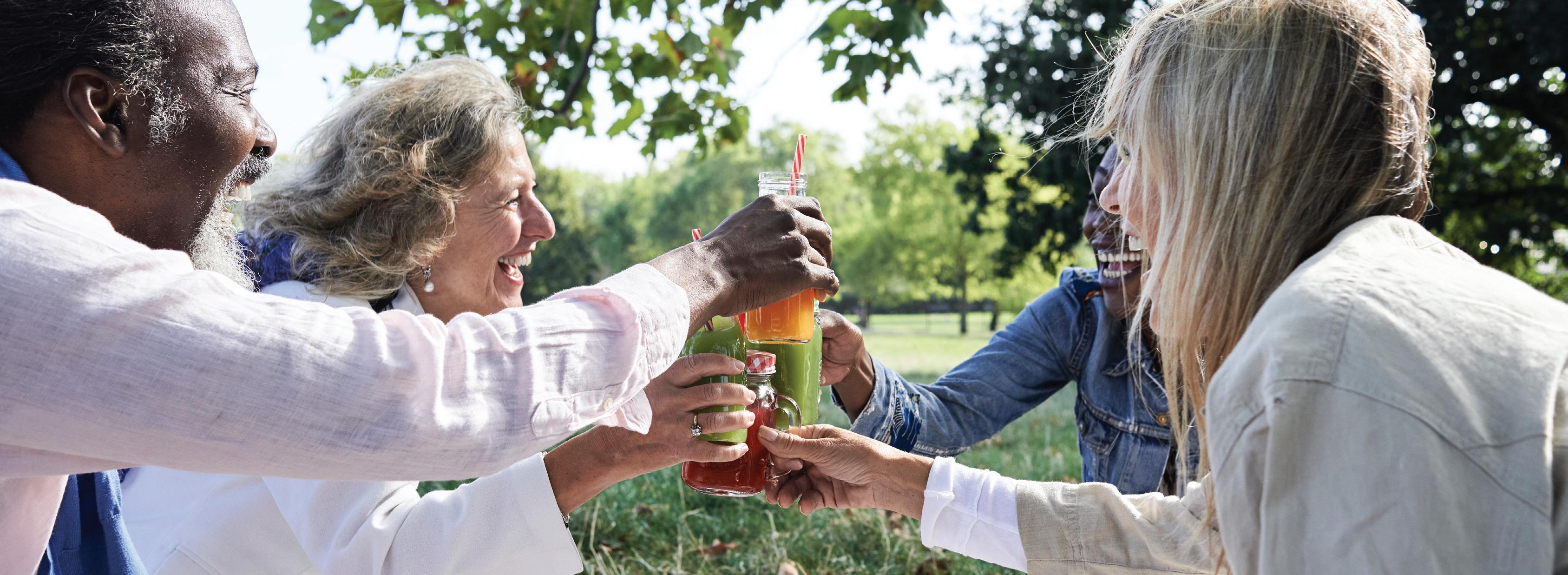
6 minute read
Access information one or two times per day at designated times
Regina H. Boone/Richmond Free Press Dr. Shantelle L. Brown, owner of HOPE Pharmacy, shows the hand sanitizer the pharmacy is producing for free distribution to first responders. The sanitizer also is for sale to the public at the Church Hill pharmacy.
Pharmacist produces hand sanitizer to help people stay healthy
Advertisement
By Ronald E. Carrington
Dr. Shantelle L. Brown, the pharmacist, owner and operator of HOPE Pharmacy inside The Market@25th, is making hand sanitizer to combat coronavirus.
The pharmacy began producing its own liquid hand sanitizer after Gov. Ralph S. Northam’s declaration of a state of emergency in Virginia and his updates about the need for personal protection products.
The Virginia Board of Pharmacy has given pharmacists permission to compound hand sanitizer. HOPE Pharmacy’s formula follows World Health Organization guidelines and ingredients to produce a topical solution with a final concentration of at least 60 percent alcohol. It contains isopropyl alcohol, hydrogen peroxide, glycerin and purified water.
“It doesn’t have a gel consistency,” Dr. Brown said.
She said it comes in a 2.7-ounce spray bottle or a container “where you can pour it out.” It is to be used on body surfaces.
It is sold in HOPE Pharmacy for $2 for pharmacy patrons and $2.50 for other shoppers. The pharmacy provides it free to first responders, including police and firefighters, as well as to employees of the grocery store at 25th Street and Fairmount Avenue in Church Hill.
Dr. Brown said while using soap and water is the best way to clean your hands, especially during the coronavirus pandemic, people should use hand sanitizer if soap and water aren’t available.
Producing the hand sanitizer, she said, is part of the essence of the pharmacy — “helping others physically prosper every day.”
Attention paid to psychological changes, impact of COVID-19
By George Copeland Jr.
As the number of cases and deaths from COVID-19 continues to rise in Virginia and across the nation, more attention is being paid to the mental and psychological impact of both the virus and the measures being taken to stop its spread.
During a recent briefing announcing further closures of schools, businesses and entertainment venues, Gov. Ralph S. Northam, a physician, also warned the public to expect instances of heightened anxiety, depression, alcoholism and domestic violence, largely as a consequence of the uncertainty.
“The sooner we all take these necessary steps to slow the spread, the sooner we will all get through this,” Gov. Northam said. “It will take time, but we can and we will get through this together.”
Dr. Pamela Hamilton-Stubbs, health committee chair for both the Virginia State Conference NAACP and the Henrico County branch, said the psychological effects that she dubbed “coronavirus anxiety” already are being felt and mirror those of previous contagions that disrupted societies. A particular focus for Dr. HamiltonStubbs is the flu pandemic that started
in Kansas in 1918, swept the world and led to the reshaping of American society to weather the social and financial upset.
Like that flu outbreak, panic and hoarding are key social behaviors that can be seen in the public response to the outbreak of the coronavirus and the measures taken to contain it, according to Dr. Hamilton-Stubbs. She cites the empty store shelves as examples of “panic buying” in the wake of restrictions on businesses, gatherings and school closures to prevent COVID-19 transmission.
“Panic occurs when people feel threatened,” Dr. Hamilton-Stubbs said in an email to the Free Press. “When people feel (a) loss of control of the environment, (an) inability to obtain essential products and do not see a path to resolution of the pandemic, fear and panic ensue.”
The behaviors also are evident as people store large quantities of hand sanitizer, toilet paper and other products in response to recommendations Dr. Pamela Hamilton-Stubbs


by the Centers for Disease Control and Prevention and fears about future quarantines.
She notes that the hoarding could potentially lead to shortages that will disproportionately hurt lower-income people who are unable to purchase those products like wealthier individuals.
She also noted the changes by governments and institutions in reacting to the pandemic as well. Dr. Hamilton-Stubbs wrote that during the 1918 flu pandemic, governments worked to tightly control what information was available to their citizens while trying to assign blame to other nations for their hardships.
Along a similar vein, Gov. Northam has expressed concern over how the federal government has handled the pandemic, citing a lack of communication from the federal government as well as misinformation and mixed messages that have made tackling the virus difficult for all states.
How local, federal and global authorities respond to COVID-19 could affect not just how people act, but how they process the continuing restrictions. So far, Dr. HamiltonStubbs wrote, that response has run the gamut from expanded access to
Tips and Resources for Dealing with the Psychological Effects of Coronavirus 1. Stay calm 2. Listen to the experts 3. Be a good citizen and do your part to decrease the spread of the coronavirus. 4. Take control of your immediate environment. 5. Limit your intake about the pandemic to a few trusted resources. 6. Access information one or two times per day at designated times. 7. Listen to infectious disease specialists and public health experts. 8. Take the coronavirus seriously. 9. Get young adults onboard. There is no guarantee that children and young adults will have asymptomatic infections or mild cases of illness. 10. Share the number for the National Disaster Stress hotline (800) 985-5990 11. Share the number for the National Suicide Prevention hotline (800) 273-8255 12. Manage stress — https://alison.com/course/stress-managementtechniques-for-coping-with-stress 13. Influenza and coronavirus booklet from Dr. Hamilton-Stubbs, combining information from the CDC, the World Health Organization and peer reviewed literature — www.drhamiltonstubbs.com/free
medical care to business loans for small businesses, coordination across public and private sector work, and promoting information and practices that keep people healthy and safe.
Asked how authorities can best respond specifically to these psychological effects, Dr. Hamilton-Stubbs

wrote that governments need to be transparent about the nature of the pandemic, providing accurate information to the public.
For the average person worrying about coronavirus, Dr. Hamilton-Stubbs suggests to stay calm, stay informed and encourage others to do the same.
LIVE YOUR BEST LIFE!




CALL TODAY TO LEARN MORE ABOUT HOW YOU CAN LIVE YOUR BEST LIFE AT EVERLEIGH.




804.451.1067 OR EVERLEIGHSHORTPUMP@GREYSTAR.COM To schedule your virtual tour, please contact us at:











